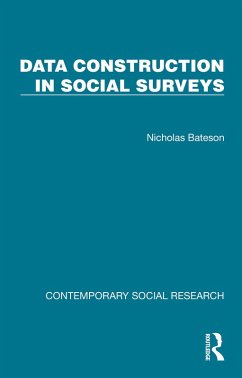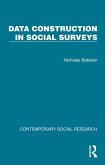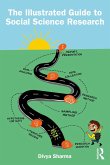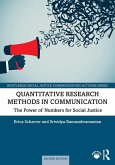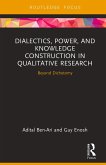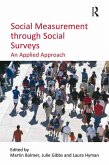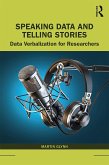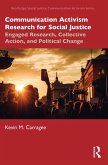Originally published in 1984, Nicholas Bateson tackles these questions and, in doing so, offers a redefinition of the validity of survey data and suggests a new approach - or a more assertive formulation of an old approach - to the testing of data for validity. He specifies conditions that must be satisfied if survey data are to be called valid, and brings out the implications of his ideas for the management of survey error.
This book, then, provides a basis for thinking about, discussing and evaluating survey data. It will be of value to survey researchers, to users of survey data, and to students of social science who encounter reports of surveys and need to understand the problems intrinsic to survey data.
Dieser Download kann aus rechtlichen Gründen nur mit Rechnungsadresse in A, B, BG, CY, CZ, D, DK, EW, E, FIN, F, GR, HR, H, IRL, I, LT, L, LR, M, NL, PL, P, R, S, SLO, SK ausgeliefert werden.

